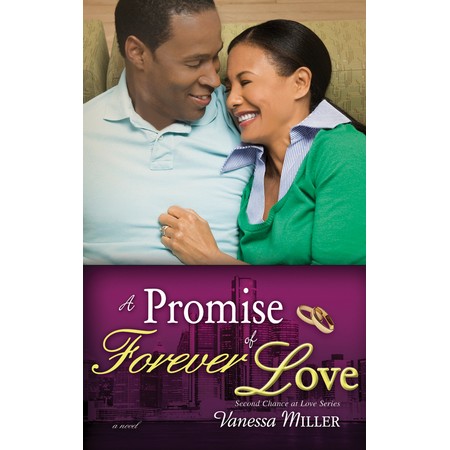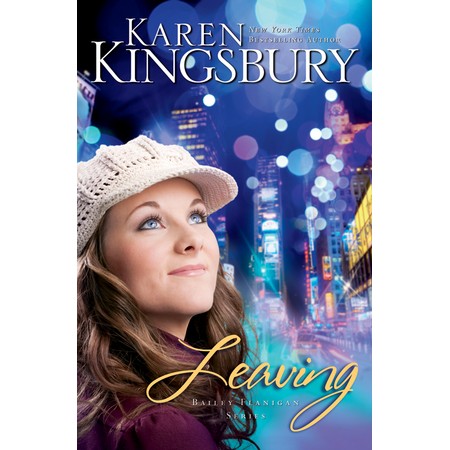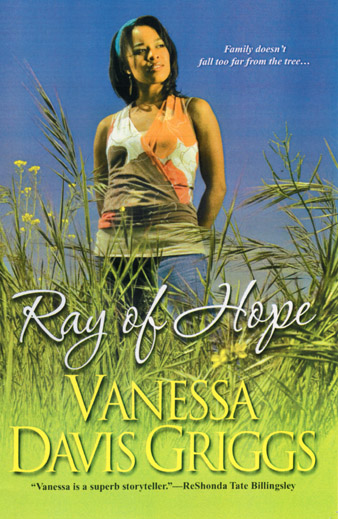This morning I received a response to this question from Walk Worthy Press novelist, Cheri Paris Edwards, who's book Plenty Good Room is this month's April Book of the Month. (We will talk about this book and talk to Cheri about the book later.)
I wanted to post her response, because she states some things that I haven't thought about. And she speaks on African American Christian Fiction Writing--a subject that I explore on this blog. What separates are writing from the others or more so is their a justification behind the separation?
Hi Dee,
Thanks for the chance to reflect on this subject. In my viewpoint, Christian fiction is in a process of metamorphosis. I think the writing will begin to encompass controversial subjects with greater regularity as the authors become more diverse in their writing styles and in the life experiences they bring to the table.
As a Christian, while writing, the portion of the book that speaks about God was most important to me; but it is my hope that the characters entertain and hold the readers interest first. I don’t think any author need apologize for creating ‘happy endings’ as these exist in all genres of fiction. Though, many novels end predictably, it doesn’t stop folks from reading and enjoying the trip to the end. An upbeat ending doesn’t mean every problem is solved in the character’s lives, it just means at the point the novel ends life is okay. Additionally, I don’t find a ‘fairy-tale’ ending awful either as these type stories provide an escape for some readers. Stories, even movies, with ‘fairy-tale’ endings are plentiful, and do quite well in society and I see nothing wrong with having our share in African-American Christian fiction as well.
Having said that, I think as the genre (especially African-American Christian fiction) expands it will reflect greater differences in writing styles, wider ranges in the depth of the character studies, stories and endings that are more bittersweet…there will be more diversity in everything. Young writers like yourself may play a crucial part in ‘raising the stakes’ through your own creative interpretations of Christian life. Our walk with God is personal and for many of us the greatest struggle we have is in our own mind; I’m with you totally on that one! The issue becomes how we write about that Spiritual struggle in a credible manner.
In my own case, I wrote a story from my heart based on my own questions about love and loving. God was part of the story, because He’s been the greatest and most constant part of my own life. I’m so grateful that in all my imperfections and struggles I still feel His love for me. I can’t write without including God in the story because He’s such an essential part of my own story. I think that’s why Christian fiction exists….because we who write the stories truly believe in God and believe He’s made a difference in our own lives. Our writing is our testimony to His existence.
I am grateful for all Christian authors before me because it is they who proved an audience for the writing exists, enabling an opportunity for my voice to be heard. I think African-American Christian fiction is in a wonderful place and truly believe that as time goes on and more voices become part of the mix, the genre will begin to reflect greater diversity in its voice and attract more readers in the process.
Now, it’s time for me to shut-up, because I’m supposed to be working on something else, as usual!!
Anyway, this is just my two cents and a dime!
;-) Cheri
Thanks, Cheri.
What say you?
Post your comments no matter how long they are.
Writing to see what the end gon' be,
Dee




















0 comments:
Post a Comment